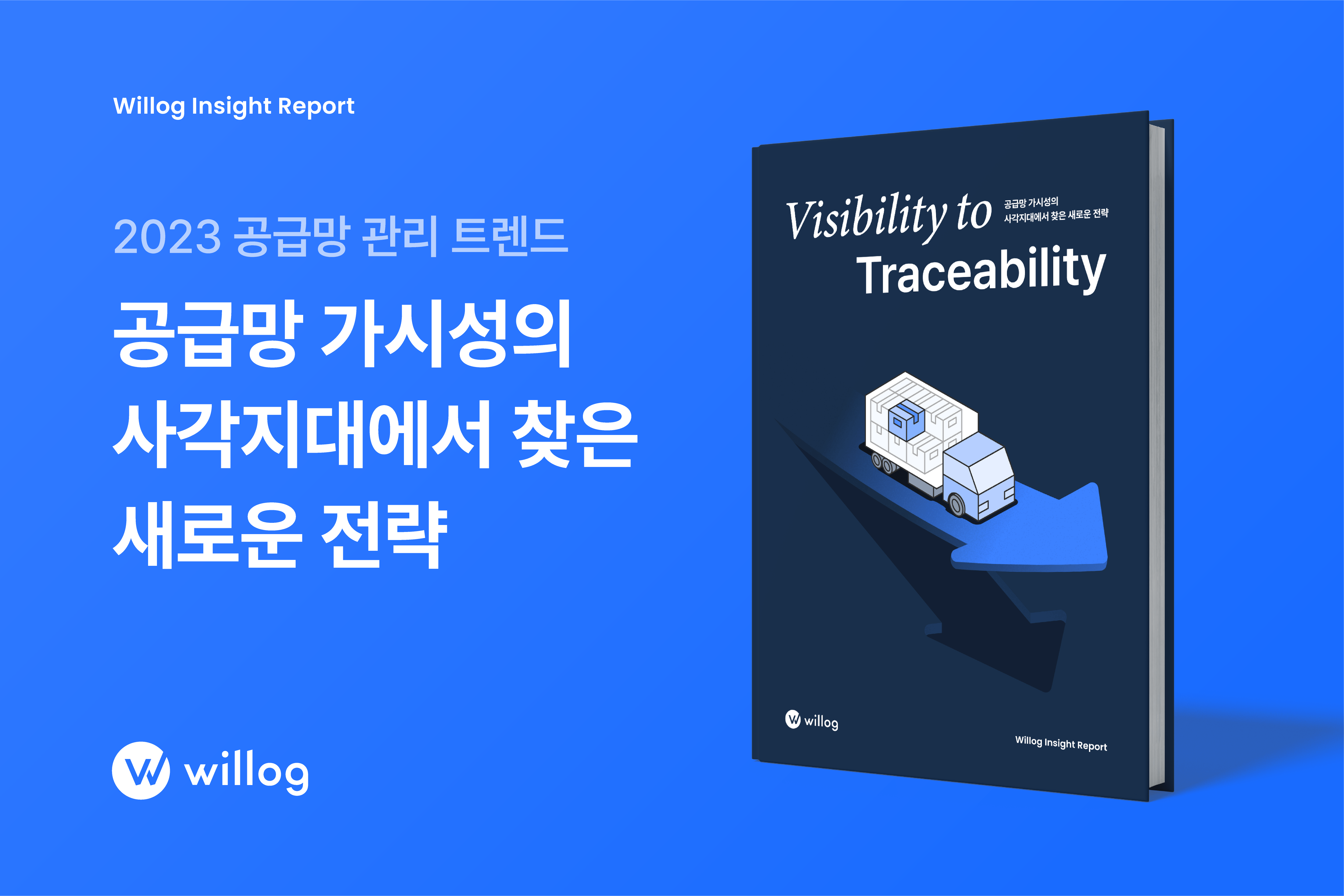Guide to Regulatory Responses for Pharmaceutical Transportation and Management
From July 2022, the Korean pharmaceutical industry must thoroughly record the temperature of all medicines that require refrigeration or freezing including biological products. If companies violate such regulations, they will inevitably face administrative penalties like business suspensions. Despite such facts, the direct stakeholders like pharmaceutical shippers and carriers, still haven't found enough information and alternatives for the regulation. Therefore, Willog provides a guide to regulatory responses for pharmaceutical transportation and management. Discover new opportunities for the company’s growth with [Willog Insight Report].
Click to find out the specific contents and guidelines on the regulation →
The Blind Spots of Cold Chain Management
Starting with the 2020 flu vaccine accident, biopharmaceutical logistics, represented by “vaccines”, have garnered attention with the introduction of the COVID-19 vaccine. Yet, relatively little attention has been paid to logistics, which is a crucial element to safely storing and transporting the medicine. The revision of the regulation thereby implies that there is a blind spot in Korean pharmaceutical transportation and management.
Mandatory to Install Automatic Temperature Data Loggers, Violation could lead to Administrative Measures: “Up to 6 months of Business Suspension”
Cold chain management has become crucial for medicines that have vulnerable characteristics toward changes in the external environment like temperature and humidity. Last January, the Ministry of Food and Drug Safety newly announced the “Regulations on manufacturing and management of biological products”. As of July 2022, the regulation expands its scope of application to “all medicine requiring refrigeration and freezing”.
The biggest change made in the strengthened regulation is on “management in transit”. It became mandatory to install a temperature data logger on each transporting vehicle and temperature-controlled container. Furthermore, the temperature records throughout the transportation should be included in shipping certificates and kept in record for 2 years. If the regulations are violated, strict penalties such as business suspensions, and cancellation of drug handling licences, are imposed with a three-strike out system.
Pre-emptive Evaluation
The very first step for companies to respond to the strengthened regulations is to make an evaluation of their current logistics process. The most important element in the evaluation is the function of the “temperature data logger”. According to the aforementioned regulation, the following actions are required to be in compliance: temperature data collection and management in product or package units, temperature management throughout the entire process from shipment to arrival, and issuance and storage of shipping certificates on temperature record history.
The data loggers that are currently used by companies like Tachometers, USB data loggers, and Wireless data loggers, are still insufficient to effectively respond to the strengthened regulation. These loggers require an additional device or software installation and are highly affected by the telecommunication environment, making it hard to consistently collect data throughout the entire transportation process. Therefore, companies need to look closely at whether their current loggers are suitable for the revision and if not, find out which temperature data logger is needed.
Guidelines and Advanced Use Cases
Many pharmaceutical shippers and carriers have still not recognized the importance of the regulation and prepared a sufficient response for the regulation. Last January, Willog conducted a survey of the pharmaceutical shippers and carriers. When the question of “What else do you need to effectively respond to the strengthened regulation?” was asked, respondents answered that they need additional information and advanced use cases on the strengthened regulation. This implies that even though the implementation and administrative measures of the strengthened regulation have become clear, the industry workers who are the direct stakeholders, still haven't found enough information and alternatives.
The Right Solution with the Right Partner
As the regulations are just around the corner, the pharmaceutical cold chain is now a necessity, not an option for companies. If the regulation is unavoidable, devising ways to respond to the regulation with meticulous preparation will determine the next step for businesses.
Willog has prepared a guideline that facilitates companies to effectively respond to the strengthened regulation. It covers the contents of the strengthened regulation, criteria for selecting alternative solutions, checklists to be checked in advance, and criteria for choosing the right business partner. Hopefully, this report will allow companies to minimize the risks of violating the regulation and take the next step in their business. Download the report now, to find out more information.




